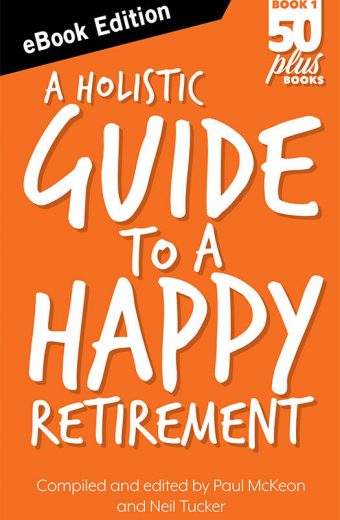Last week a friend of mine was driving home on the motorway when he must have closed his eyes. He woke up as his car veered into a guard rail, spun through 180 degrees and finally stopped facing the opposite direction. Fortunately no other cars ran into him and his air bags all deployed so he got out of his wrecked car with only a few bruises to remind him of this brush with death.
I could have been going to a funeral this week.
Another golfing friend had a stroke a couple of months ago and will probably never play golf again and may never even walk.
Is it fate, divine intervention, karma or just luck that decides whether we escape or are devastated by events that just happen in our lives?
My point here is that it’s not a great idea to just assume that bad things “won’t happen to me”
I’m not saying that we should start worrying about all the possible things that could go wrong. That’s probably a worse response than never thinking about it.
The sort of events I have just mentioned are a reminder that it’s very likely that we will have to deal with some major dramas in our lives that are likely to force unwanted changes on us and the people close to us.
We have a chapter titled “What if” in our book “How to make your retirement dreams come true” and it suggests we think about our possible responses to some of the more common challenges that confront many people over 60.
Now there are some threats that can be partially planned for. For example we can downsize from a large family home to something more suitable, rather than waiting till we are forced to sell. We can check that our wills, Enduring Powers of Attorney and insurance policies are current. We can discuss possible threats and responses with those close to us.
How we handle the things that just happen and we can’t stop is one of the great challenges of life. It becomes more important as we grow older and ignoring the possible threats is not a great planning strategy. Remember that while we can’t control the things that just happen, we can generally control how we respond to them.
Our Books offer lots of information and advice about many of the issues we are likely to be faced with as we go through our 50s, 60s and 70s.


